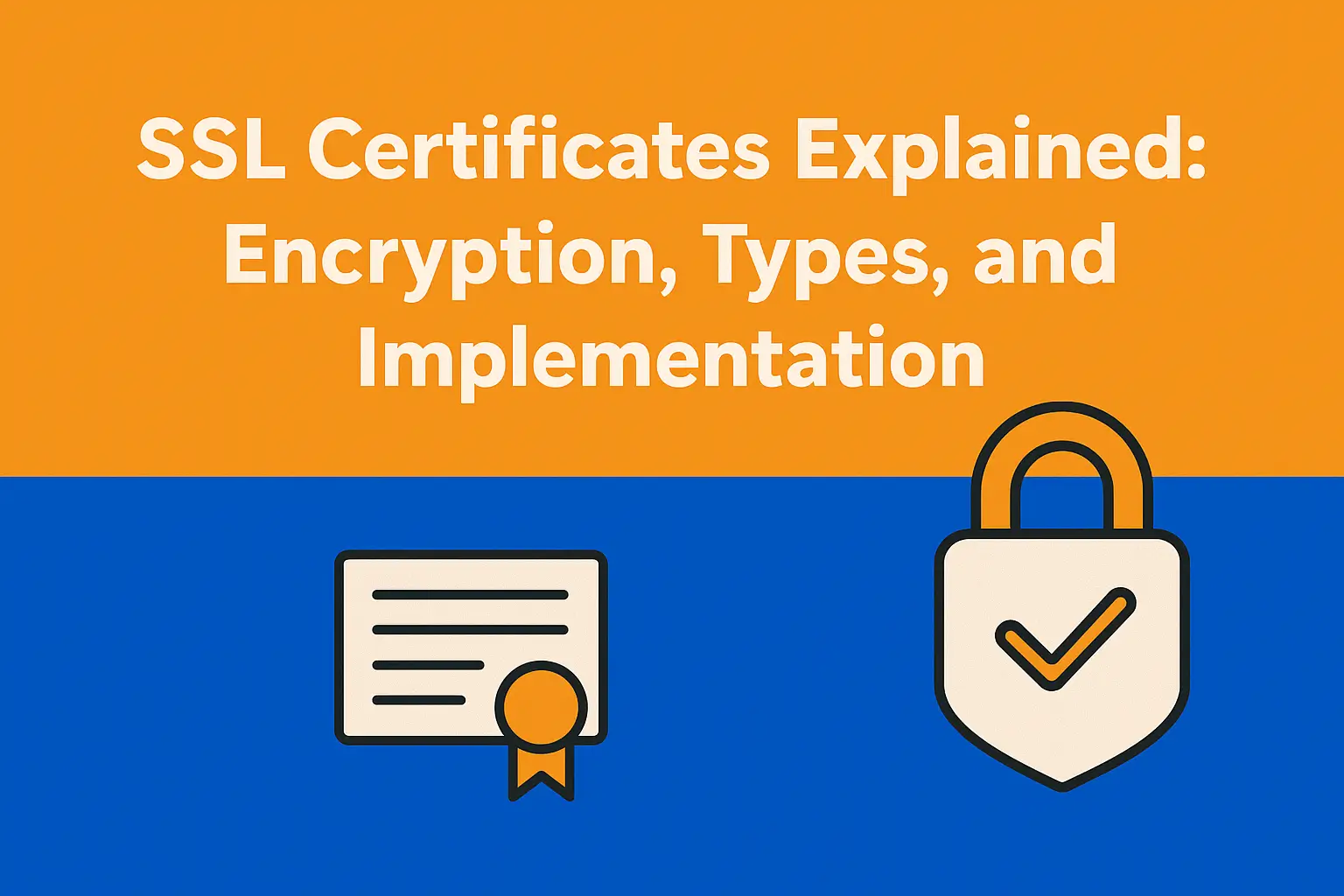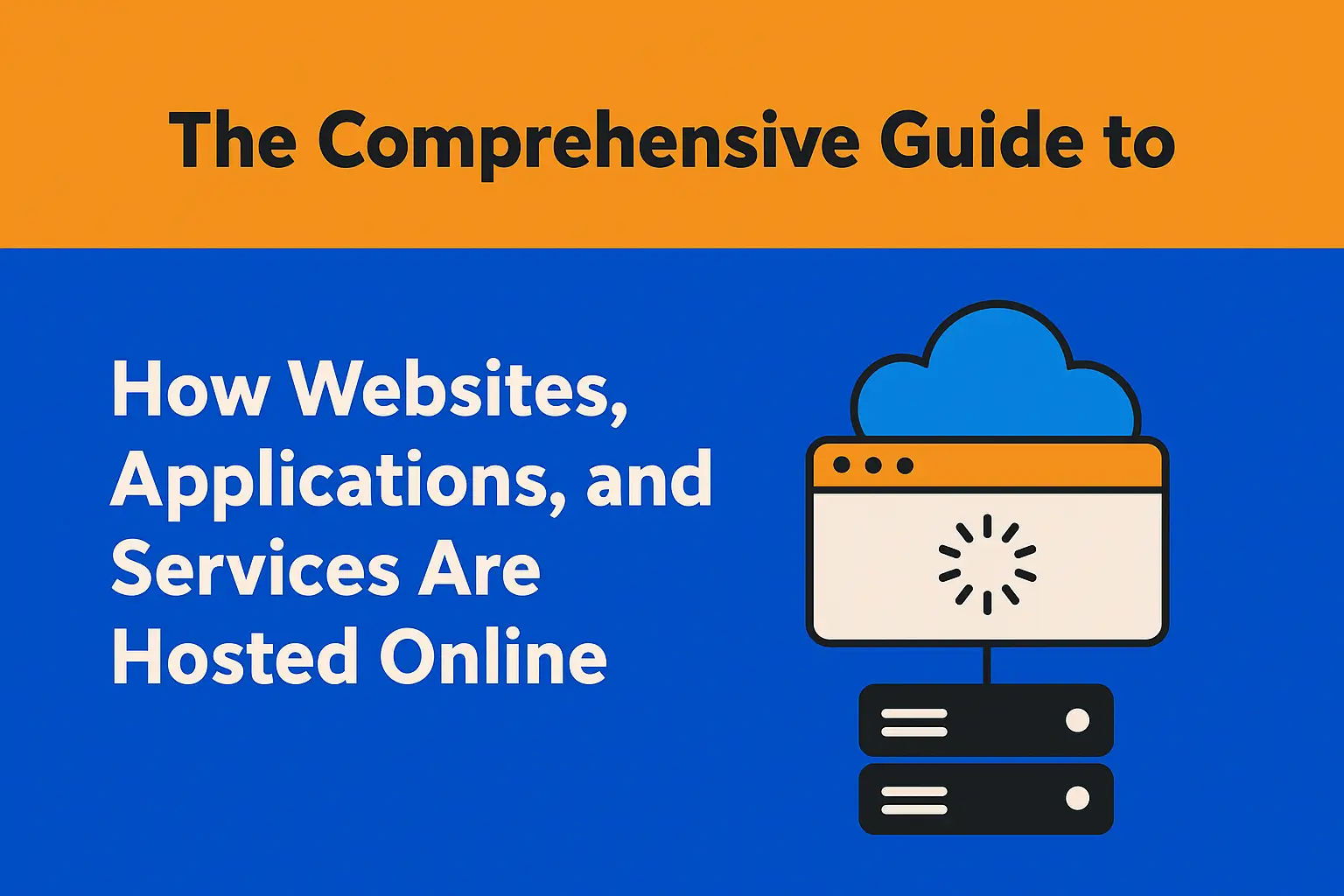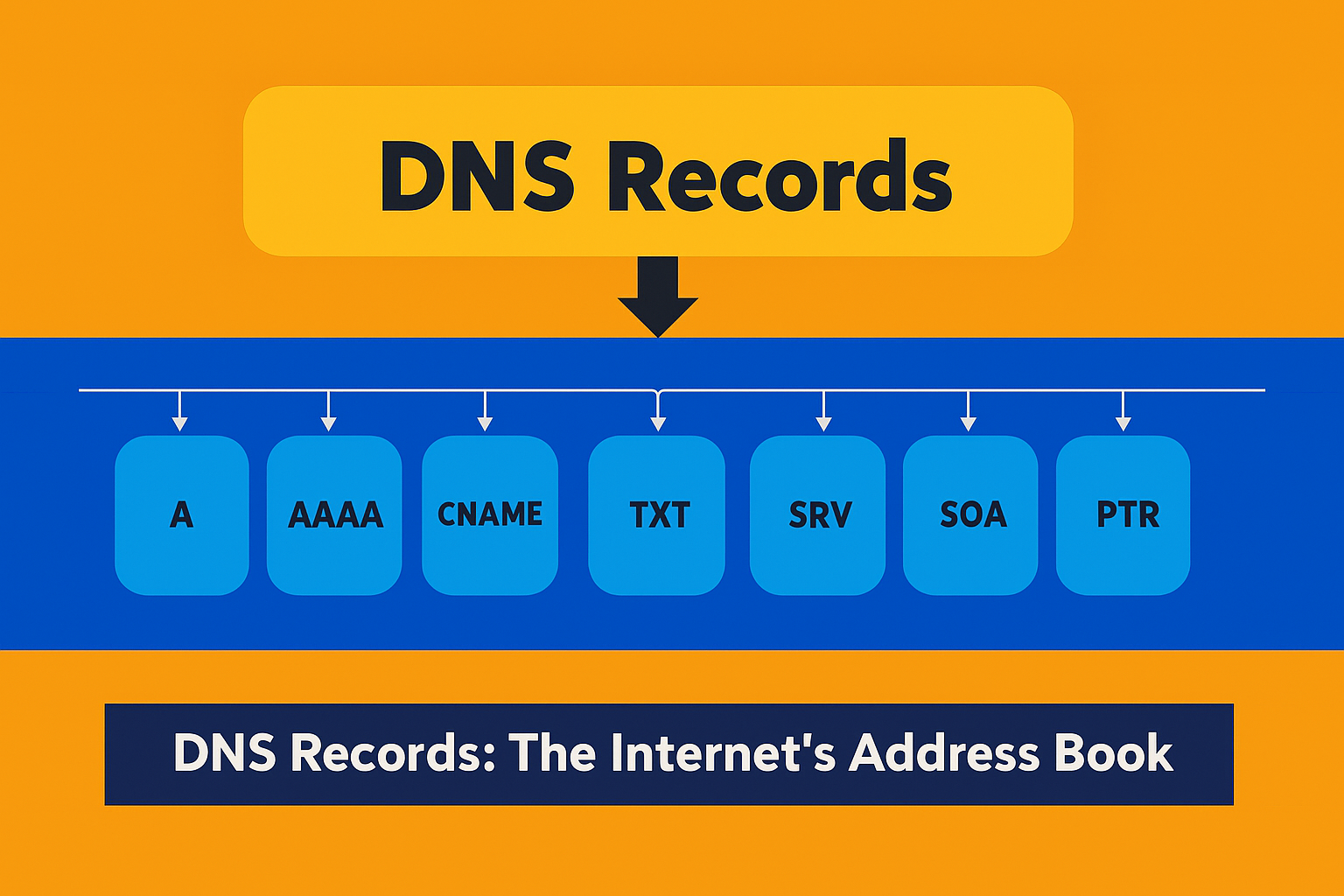
Introduction to Dedicated Hosting
Dedicated hosting is a type of web hosting solution where an entire server is allocated to a single client or organization. Unlike shared hosting, where multiple websites share the same server resources, dedicated hosting offers exclusive use of all the server’s capabilities. This means that all the server’s bandwidth, storage, and computing power are dedicated solely to the client utilizing it. As a result, dedicated hosting provides unparalleled performance, security, and customization options.
This specialized hosting solution contrasts sharply with shared hosting and Virtual Private Server (VPS) hosting. In shared hosting, resources such as CPU, RAM, and bandwidth are divided among numerous users, which can result in slower performance, especially during traffic surges. On the other hand, VPS hosting does offer more privacy and resource allocation than shared hosting by splitting a single physical server into multiple virtual servers. However, even VPS hosting does not provide the level of resource exclusivity that dedicated hosting guarantees.
The main advantage of dedicated hosting lies in its ability to provide robust and reliable service to websites that require high levels of traffic management, enhanced security protocols, and customized server configurations. Businesses that deploy intricate applications, e-commerce websites with substantial transaction volumes, and enterprises needing stringent data security measures are among the typical users of dedicated hosting.
By choosing dedicated hosting, clients benefit from maximum control over the server environment. They can tailor the operating system, software, and scripts to meet specific needs. This comprehensive flexibility is invaluable for organizations looking to maintain optimal website performance and enhanced security features. Further, dedicated hosting supports scalability, making it easier for businesses to expand their online presence without experiencing downtime or reduced performance.
Benefits of Choosing Dedicated Hosting
Dedicated hosting offers a suite of benefits that address the most critical needs of websites and online businesses. One of the foremost advantages is reliability. Unlike shared hosting, where resources are divided among multiple users, dedicated hosting allocates all resources to a single client. This ensures consistent performance, significantly reducing the risk of downtime and making it possible to handle traffic spikes without service interruptions.
Performance enhancement is another substantial benefit. With dedicated hosting, the entire server’s CPU, RAM, and bandwidth are solely at your disposal, facilitating faster load times and a smoother user experience. This is particularly crucial for e-commerce sites and platforms with high traffic volumes, where even a slight delay can lead to lost revenue and diminished user satisfaction.
Security is equally paramount for online operations, and dedicated hosting excels in this domain. Because the server is devoted to a single user, the threat of malware and cyber-attacks stemming from neighboring accounts—an issue prevalent in shared hosting environments—is effectively eliminated. Hosts often provide robust security features such as advanced firewalls, DDoS protection, and regular security audits tailored to the client’s specific needs.
Customization also stands out as a distinctive benefit of dedicated hosting. Users have full control over server configurations, allowing them to select the hardware and software that perfectly align with their website’s requirements. This flexibility facilitates the installation of custom applications, advanced programming languages, and other bespoke solutions that a shared hosting environment might not support.
Overall, opting for dedicated hosting can significantly elevate your website’s speed and reliability while offering unparalleled security and customization options. By investing in a dedicated server, businesses and webmasters position themselves to provide users with a seamless and secure digital experience that meets their unique operational demands.
Use Cases for Dedicated Hosting
Dedicated hosting presents a robust solution tailored for various specific scenarios, providing unparalleled performance, security, and customization. One of the primary use cases for dedicated hosting is for high-traffic websites. As these websites experience a substantial influx of visitors, they require a server environment capable of handling considerable concurrent connections without compromising on speed or user experience. The dedicated resources of a dedicated server ensure that the website’s performance remains consistent, even during traffic spikes.
Resource-intensive applications also benefit significantly from dedicated hosting. Applications that demand extensive computing power, memory, and storage, such as large databases, scientific computations, and multimedia processing, necessitate an environment where resources are not shared with other users. A dedicated server provides this isolated environment, offering the necessary computational bandwidth and storage capacity to ensure seamless operation.
Another critical use case is e-commerce platforms that handle sensitive transactions and customer data. Security is paramount in e-commerce, and dedicated hosting offers enhanced security measures that are not easily achievable with shared hosting options. This environment allows for stringent monitoring, advanced firewall configurations, and compliance with data protection regulations, thus safeguarding sensitive information from potential cyber threats.
Furthermore, businesses with substantial data storage requirements find dedicated hosting indispensable. Companies dealing with big data analytics, media content repositories, or extensive product databases need ample storage that is both reliable and fast. Dedicated servers can be optimized specifically for storage efficiency, ensuring that large volumes of data are managed effectively without the risk of data loss or access delays.
Lastly, organizations requiring custom server configurations turn to dedicated hosting for its flexibility and control. Whether it’s installing specialized software, implementing unique caching mechanisms, or optimizing servers for specific application performance, dedicated hosting provides the freedom to tailor server settings to meet precise business needs. This level of customization is crucial for businesses with unique operational models or those seeking a competitive edge through technological differentiation.
Costs Associated with Dedicated Hosting
Understanding the financial commitments involved in dedicated hosting is crucial for making an informed decision. Unlike shared or VPS hosting, dedicated hosting entails significant expenses owing to the comprehensive resources exclusively allocated to a single client. The cost structure of dedicated hosting generally includes setup fees, a monthly rental, and potential additional charges for specialized add-ons or extra services.
Setup fees are often a one-time cost that can range considerably depending on the provider and the complexity of the configuration required. These fees cover the initial deployment, software installation, and any customization necessary to meet specific requirements. Although some companies might offer discounted or even waived setup fees as part of promotional deals, it is essential to be aware of this potential expense.
The primary cost of dedicated hosting is the monthly rental, which can vary widely based on the server specifications, including processor speed, memory, storage type, and bandwidth. High-end servers with advanced hardware and greater capabilities naturally command higher rental prices. Moreover, dedicated hosting plans can range from under $100 per month for entry-level servers to several thousand dollars per month for top-tier configurations.
Beyond the main rental fee, there are additional charges for optional services and upgrades. Managed services, enhanced security measures, and backups are common add-ons that can significantly increase your total expenditures. For instance, managed hosting, where the provider handles routine maintenance, updates, and technical support, tends to add a premium to the standard hosting fee. Enhanced security features such as DDoS protection or advanced firewalls are also typical extras that incur additional costs.
While dedicated hosting is more expensive than shared or VPS hosting, the value it provides justifies the cost. The significant advantage lies in the unparalleled performance, reliability, and control offered by having an entire server at your disposal. Businesses that demand high operational efficiency, robust security, and seamless scalability often find the investment in dedicated hosting worthwhile.
Choosing the Right Dedicated Hosting Provider
Selecting the most suitable dedicated hosting provider requires careful consideration of several critical factors. Foremost among these is the provider’s reputation. Investigating customer reviews and testimonials can offer valuable insights into the reliability and performance of a potential hosting company. A host with a proven track record will likely provide a more stable and satisfying experience.
Customer service is another pivotal element to consider. The quality of support services can significantly affect your hosting experience. Look for providers that offer 24/7 customer support through multiple channels, such as live chat, phone, and email. Effective support teams can swiftly resolve technical issues, minimizing potential downtime and disruption to your operations.
Uptime guarantees are essential markers of a host’s reliability. Most reputable dedicated hosting providers boast an uptime guarantee of 99.9% or higher, ensuring your website remains accessible to users nearly all the time. Always verify the terms and conditions associated with these guarantees, as they may include clauses on how uptime is calculated and reported.
Hardware specifications are equally critical. When assessing potential providers, examine details such as the type of CPU, amount of RAM, storage type (SSD versus HDD), and bandwidth allotment. These factors directly influence the speed and performance of your hosted services. Providers that offer customizable hardware configurations can better cater to the specific needs of your project.
Scalability is a significant consideration, especially for businesses anticipating growth. A provider that allows easy scaling of resources can adapt to your evolving requirements without necessitating a switch to a different host. Check if the provider supports both vertical scaling (upgrading server specs) and horizontal scaling (adding more servers).
Lastly, evaluate whether the provider offers managed or unmanaged hosting options. Managed hosting includes services such as software updates, security monitoring, and backups, which can simplify server management for users who prefer a hands-off approach. Conversely, unmanaged hosting grants more control to users who have the technical expertise to manage their servers independently.
Managed vs. Unmanaged Dedicated Hosting
When considering dedicated hosting, it’s crucial to understand the difference between managed and unmanaged options. Managed dedicated hosting typically involves the hosting company taking care of a range of server-related responsibilities. These can include constant monitoring, regular maintenance, security updates, and comprehensive support services. Managed hosting is ideal for businesses or individuals who may not have the technical expertise or resources to handle these tasks independently. By opting for managed hosting, they can ensure their server operates smoothly while focusing on their core operations.
In a managed hosting environment, the hosting provider often offers proactive services to preempt potential issues. These services result in increased uptime, which is pivotal for businesses reliant on their online presence. Routine tasks such as software updates, patch installations, and performance optimizations are handled by the provider, offering peace of mind and a higher level of reliability. Additionally, technical support is frequently available 24/7, providing immediate assistance in case of any problems.
Conversely, unmanaged dedicated hosting grants the user full control over the server. This option is best suited for those who have the technical knowledge and desire to manage every aspect of their hosting environment. With unmanaged hosting, users are responsible for server setup, configuration, maintenance, and troubleshooting. This type of hosting allows for more customization and flexibility, as users can tailor the server to their specific needs without the constraints imposed by a managed service.
However, the autonomy of unmanaged hosting comes with increased responsibility. Users must handle all security measures, software updates, and performance monitoring. Any issues that arise need to be resolved by the user or their in-house team, which can be time-consuming and requires a certain level of technical expertise. This makes unmanaged hosting a more suitable option for developers, IT professionals, or businesses with dedicated server management teams.
Ultimately, the decision between managed and unmanaged dedicated hosting hinges on one’s technical capabilities, resource availability, and specific needs. Managed hosting offers convenience and reliability, ideal for those prioritizing ease of use and support. Unmanaged hosting, while demanding more technical involvement, provides maximum control and customization, catering to users with specific requirements and expertise.
When setting up a dedicated server, the initial steps are crucial to ensure a smooth and efficient performance. Begin by accessing your dedicated server’s control panel, provided by your hosting service. This control panel will be the central hub for all configurations. Next, configure the basic settings, such as setting up the server hostname and time zone. It’s essential to choose a hostname that reflects your domain or the primary function of the server.
Once the foundational settings are in place, prioritize security configurations. Start by updating the server’s operating system and installing all the latest security patches. This step protects your server from vulnerabilities exploited by malicious entities. Enable the server firewall, configure it to allow necessary ports, and block all others. Another critical security measure is setting up SSH access; disable root logins and instead create a separate administrative user with strong, unique passwords.
After securing your dedicated server, focus on software installations. Depending on your server’s role, you may need to install web servers (like Apache or Nginx), database servers (such as MySQL or PostgreSQL), and other required software packages. Package managers like APT or YUM can simplify installations and ensure you get updates and necessary dependencies.
Performance optimization is the next step in setting up your dedicated server. Begin by configuring your server’s resources efficiently. Allocate memory and CPU resources to critical applications and services. Tuning MySQL settings, including buffer sizes and cache configurations, can enhance database performance significantly. Additionally, consider using tools like Nginx or a caching solution like Varnish to speed up content delivery.
To monitor and maintain your server’s performance, implement monitoring tools such as Nagios or Zabbix. These tools provide real-time insights into your server’s operation, enabling you to address potential issues proactively. Regularly review logs for unusual activity or errors and perform routine maintenance checks to ensure optimal performance and security.
Maintaining and Scaling Your Dedicated Hosting
Maintaining a dedicated hosting environment is crucial to ensure optimal performance, security, and reliability. Regular updates and security patches are essential to protect your server from vulnerabilities. Software updates typically address known issues and enhance functionalities, which is why adopting a proactive approach to installing updates is considered a best practice in server management.
Security patches, in particular, safeguard your server by fixing loopholes that could be exploited by cyber threats. Implementing a robust monitoring system enables you to keep an eye on performance metrics and detect any irregularities early on. A comprehensive monitoring suite should include tools for tracking CPU usage, memory consumption, disk space, and network activity. This approach helps in identifying potential bottlenecks and ensures the stability of your hosting environment.
As your website or application grows, so too will the demands on your dedicated server. Scaling dedicated hosting resources efficiently necessitates a well-structured plan. One of the first steps in scaling is assessing current resource usage and identifying areas that need enhancement. For instance, you may need to increase your CPU capacity, add more RAM, or expand storage capabilities. Vertical scaling, which involves upgrading the server’s existing hardware, is commonly used for this purpose.
However, for more substantial growth, horizontal scaling might be necessary. This involves adding more servers to the existing infrastructure to distribute the load. Load balancers play a crucial role in horizontal scaling by evenly distributing network traffic across multiple servers, thus ensuring high availability and improved performance. Developing a scalable architecture from the outset will save time and resources in the long run, allowing for seamless expansion as demands increase.
Planning for future growth also involves regularly reviewing and updating your capacity planning strategies. Predictive analytics can be particularly useful in forecasting future demands based on current trends and usage patterns. By implementing these best practices, you can maintain a robust and scalable dedicated hosting setup that reliably supports your growing business needs.





0 Comments